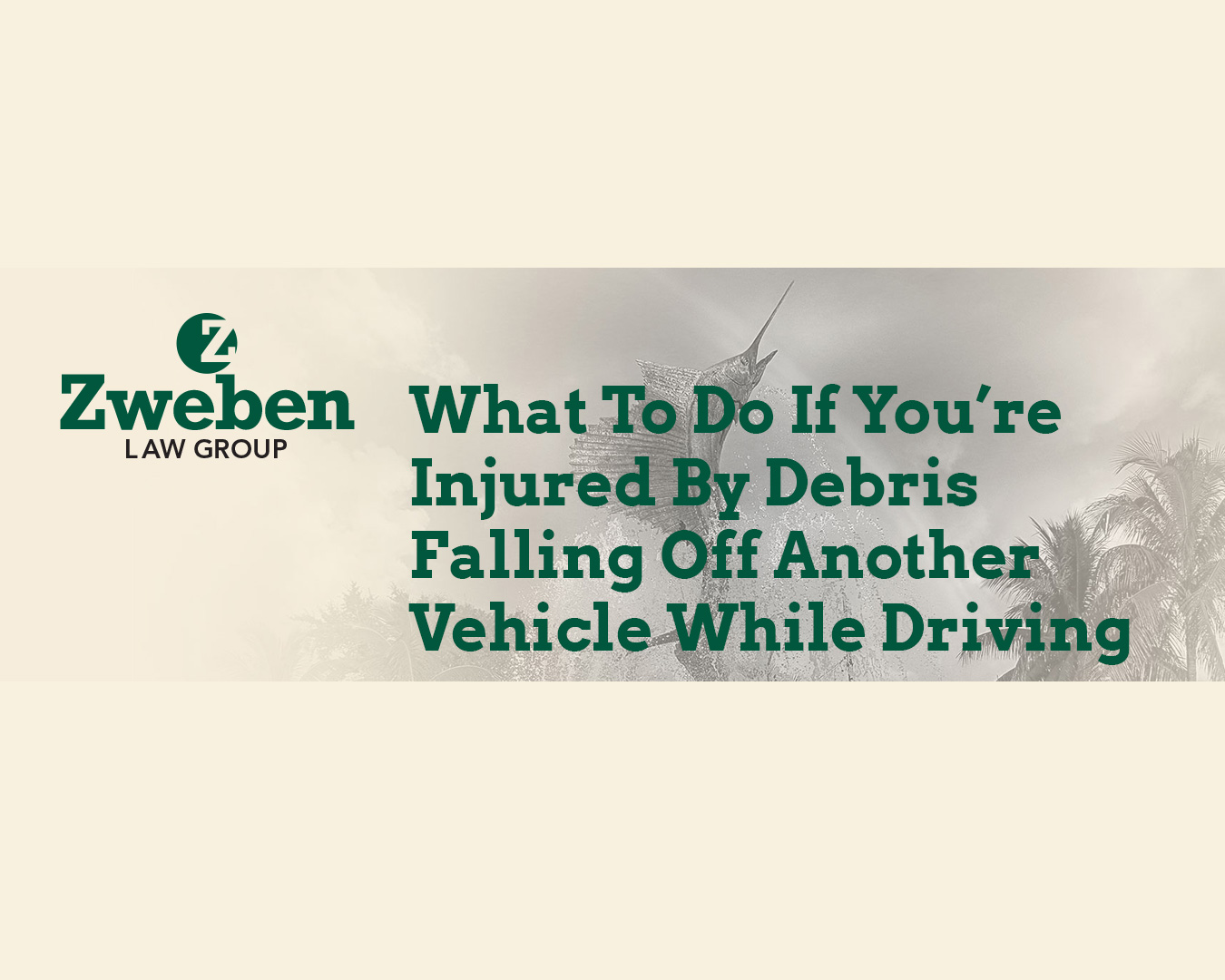- Joined
- Dec 7, 2021
- Messages
- 336
I have seen some posts reporting that they need to replace a car because of body rust. Wow!
My state (NJ) requires a car be “inspected“ every 2 years at a state DMV facility. They used to do a thorough inspection (brakes, suspension, exhaust system, tires, glass, seatbelts, emissions via a monitoring probe in the tail pipe while the car was running, lights, horn etc.) but now in the last six years (?) or so, they check for insurance and then plug in to the OBD port. If there are no codes and if a camera they drive over proves that the car has a catalytic converter, the car passes and is good for another two years. Oh yea, the lights must work, the wipers must sweep (but can be dry rotted and still pass) and the horn must blow.
I have a 22 yo beater Buick SUV that I use for dump runs with leaves, debris etc or firewood hauling that has very obvious body rust on the doors and a gurgling sound from the tailpipe, probably because of a leak beyond the original cat converter it still has, and it just passed inspection.
What inspection requirements must you meet in your state and have you ever had to junk a car because of body rust?
My state (NJ) requires a car be “inspected“ every 2 years at a state DMV facility. They used to do a thorough inspection (brakes, suspension, exhaust system, tires, glass, seatbelts, emissions via a monitoring probe in the tail pipe while the car was running, lights, horn etc.) but now in the last six years (?) or so, they check for insurance and then plug in to the OBD port. If there are no codes and if a camera they drive over proves that the car has a catalytic converter, the car passes and is good for another two years. Oh yea, the lights must work, the wipers must sweep (but can be dry rotted and still pass) and the horn must blow.
I have a 22 yo beater Buick SUV that I use for dump runs with leaves, debris etc or firewood hauling that has very obvious body rust on the doors and a gurgling sound from the tailpipe, probably because of a leak beyond the original cat converter it still has, and it just passed inspection.
What inspection requirements must you meet in your state and have you ever had to junk a car because of body rust?




